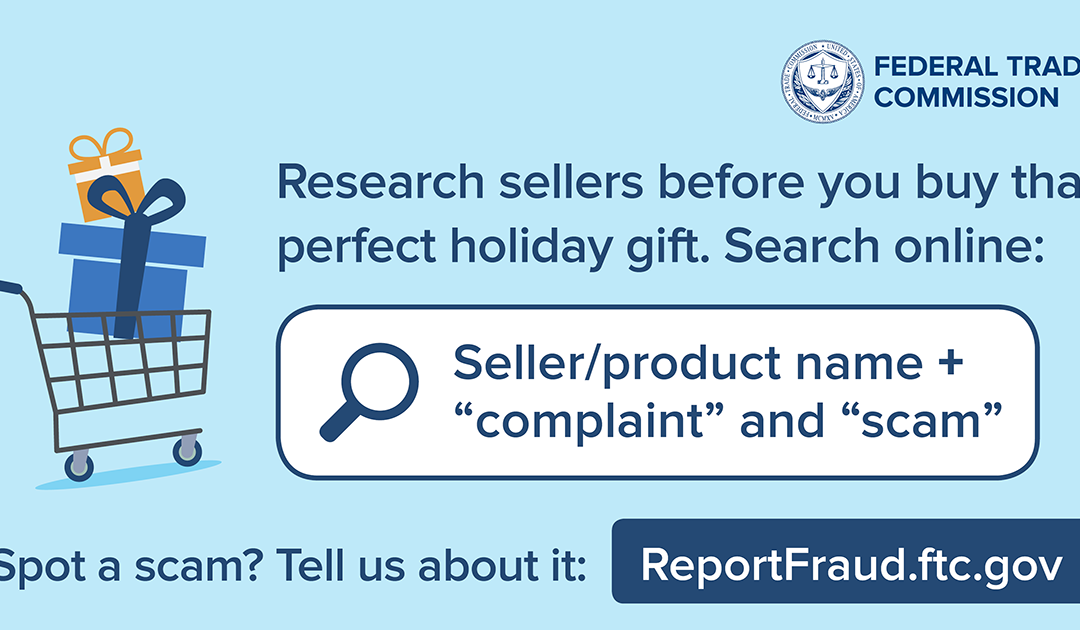
by Scott Muniz | Nov 4, 2021 | Security
This article was originally posted by the FTC. See the original article here.
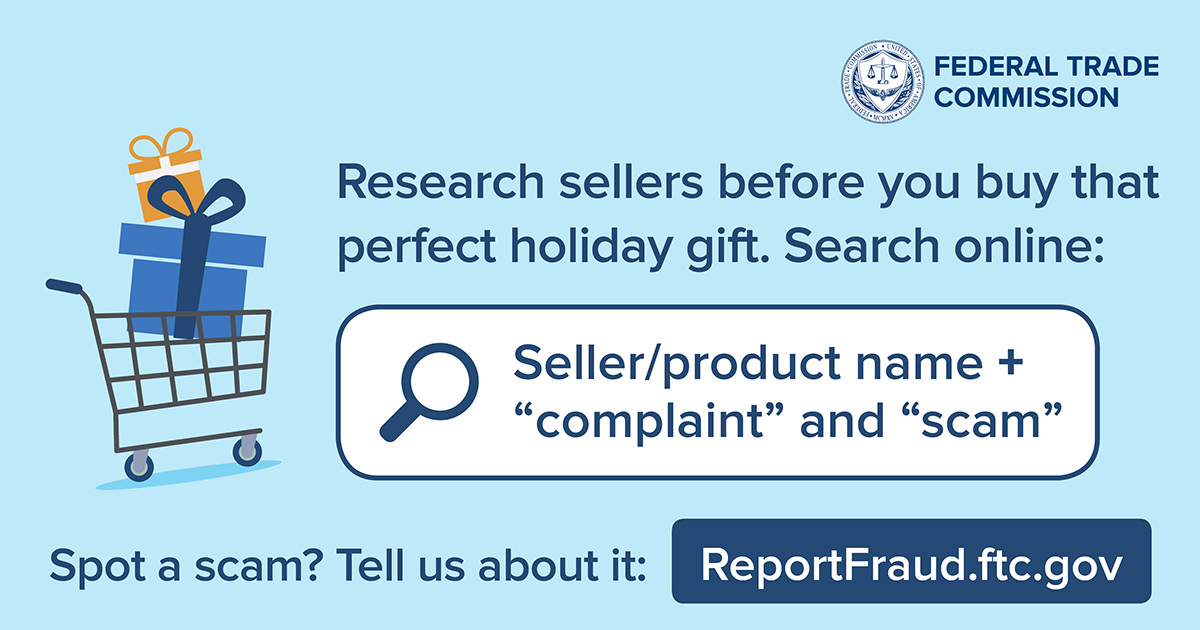
If you’ve been keeping up with the news, you might have heard about a global chip shortage. Why does that matter to your holiday shopping? Well, a lot of things you might buy for the holidays, like toys, have chips in them, so the shortage means prices are going up, and items that have chips can be harder to find.
Scammers follow the headlines — and just like with the mask shortage, scammers will set up shop, “sell” what everyone is trying to buy — but not deliver. Here are some tips to avoid scams as you get ready for holiday shopping this season.
- Research sellers before you buy. Search online for the name of the seller and product, plus words like “complaint” and “scam.” And read reviews about the seller and their products, too.
- Feed your inner skeptic. This year’s “it” game? For a great price in mid-December? From a seller you’ve never heard of? See bullet #1.
- Compare products. Even with the chip shortage, shop around to make sure you’re getting the best deal. Comparison shop online, looking at prices, delivery dates, and even discounts or coupon codes.
- Pay by credit card. Paying by credit card gives you more rights to dispute the charge if something goes wrong. And if someone tells you to pay by wire transfer, cryptocurrency, or by mailing cash, stop and find another seller. That’s how scammers tell you to pay.
- Keep records. Save copies of your receipts and order confirmations from online orders. Hold onto them until you get what you ordered and know you won’t return things.
Spot a scam while holiday shopping? We want to hear about it. Report it to the FTC at ReportFraud.ftc.gov.
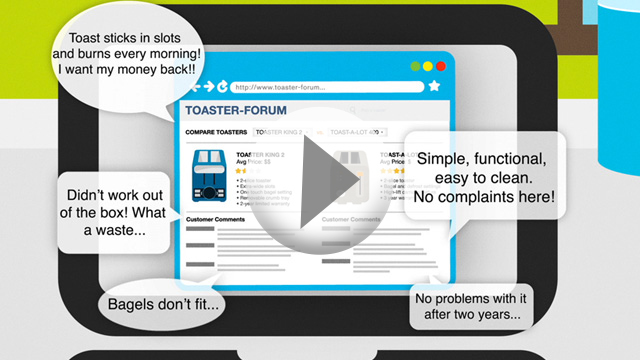
Brought to you by Dr. Ware, Microsoft Office 365 Silver Partner, Charleston SC.
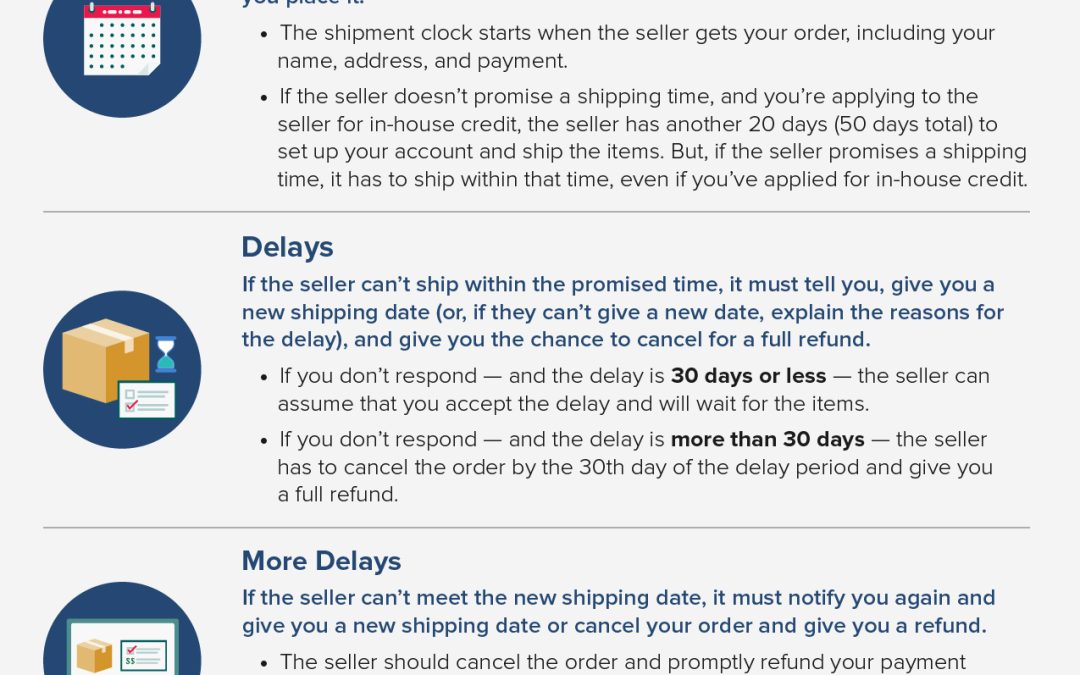
by Scott Muniz | Nov 3, 2021 | Security
This article was originally posted by the FTC. See the original article here.
Shopping online is oh-so-convenient. Haven’t we all bought stuff online when we could easily run to the store (figuratively, of course) and be back home in less than 30 minutes? Because reputable online businesses want happy, returning customers, they make returning something almost as simple as buying it. But what if a seller won’t give you a refund even though you qualify for it? Or what if you ordered something and never got it?
A seller’s return policy should tell you if you can return the item for a refund and how to do that. For most payment types, the seller must give you a refund within 7 business days of accepting the return. If you qualify for a return but the seller won’t give you your money back, you have some options:
If you bought something online and never got it, notify the seller as soon as possible. If the seller hasn’t shipped the item within the timeframe they promised when you bought it, you can cancel the order.
If you never got your order and the charge appears on your credit card statement, you can dispute it as a billing error. File a dispute online or by phone with your credit card company. To protect any rights you may have, also send a letter to the address listed for billing disputes or errors. Use our sample letter. You must dispute the error within 60 days of the date your first statement with the error on it was sent to you.
If you paid by debit card, the consumer protections are different than they are for credit cards. You may not be able to get a refund for non-delivery. Contact your debit card company (often your bank) and ask if they have any voluntary protections. Read more about disputing charges.
A federal law applies to most things you order by phone, mail, or online. It establishes guidelines for when online sellers must ship your item, what they should do about delays, and when they must give you a refund.
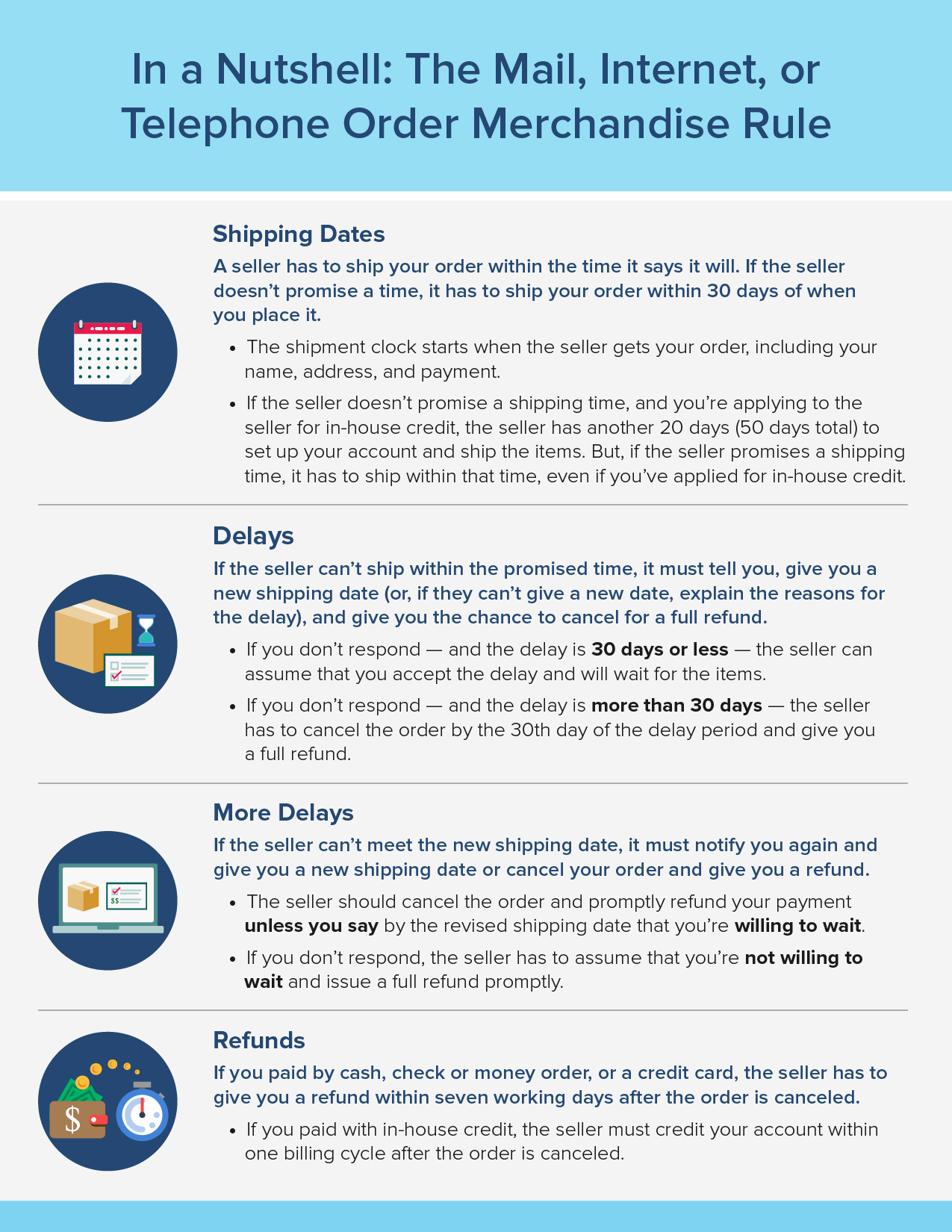
Brought to you by Dr. Ware, Microsoft Office 365 Silver Partner, Charleston SC.

by Scott Muniz | Nov 3, 2021 | Security, Technology
This article is contributed. See the original author and article here.

Official websites use .gov
A .gov website belongs to an official government organization in the United States.

Secure .gov websites use HTTPS A
lock ( )
) or
https:// means you’ve safely connected to the .gov website. Share sensitive information only on official, secure websites.
by Scott Muniz | Nov 3, 2021 | Security, Technology
This article is contributed. See the original author and article here.
Mozilla has released security updates to address vulnerabilities in Firefox and Firefox ESR. An attacker could exploit some of these vulnerabilities to take control of an affected system.
CISA encourages users and administrators to review the Mozilla security advisories for Firefox 94 and Firefox ESR 91.3.
by Scott Muniz | Nov 3, 2021 | Security, Technology
This article is contributed. See the original author and article here.
Mozilla has released security updates to address vulnerabilities in Firefox and Firefox ESR. An attacker could exploit some of these vulnerabilities to take control of an affected system.
CISA encourages users and administrators to review the Mozilla security advisories for Firefox 94 and Firefox ESR 91.3.







Recent Comments